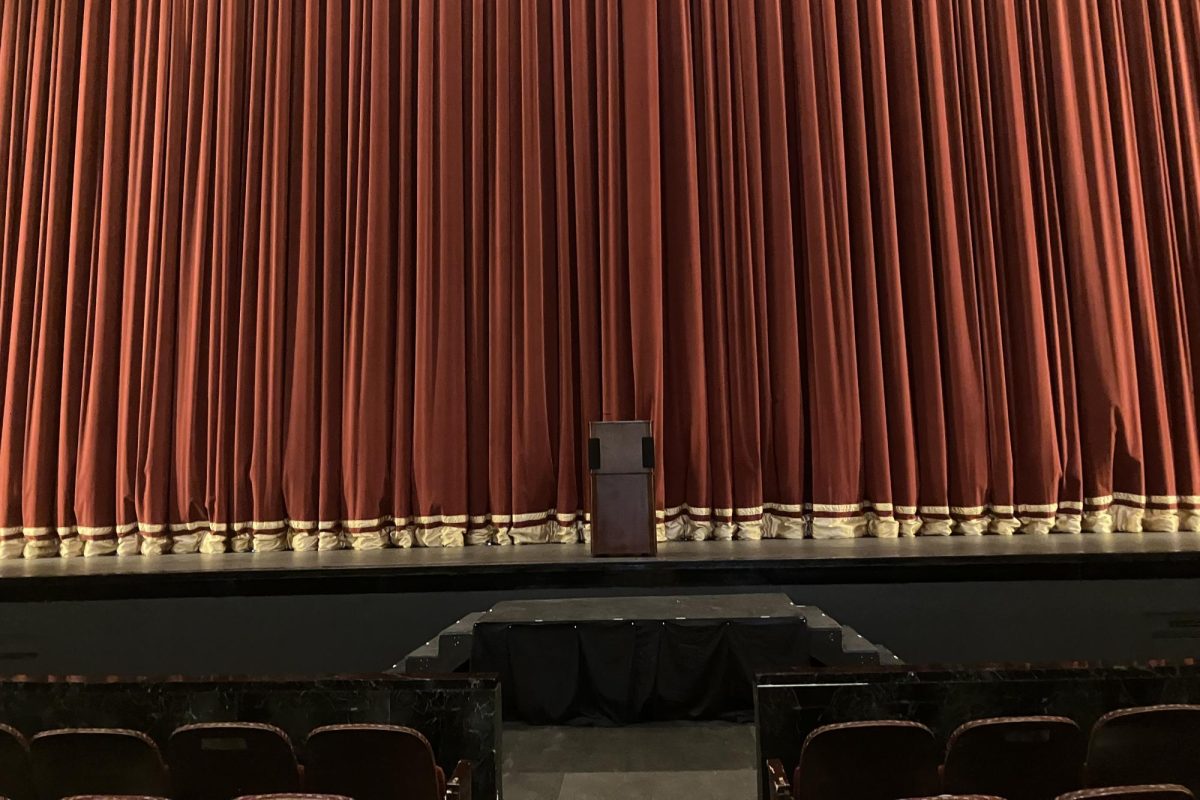From its ‘80s Brooklyn roots to the suburbs of Kirkwood, rap music has soared in popularity across the United States. The first legitimate rap single to become a Top 40 hit was Rapper’s Delight by the Sugar Hill Gang in 1979. Now almost half of the current US Top 40 hits are rap or hip-hop. According to a Call survey, 82 percent of KHS students listen to rap or hip-hop. Rap artists continue to grow in popularity, but when stacks of money, illegal drugs and constant clubbing mix, they form something that bodyguards cannot beat up: jail time.
“Almost all of the rappers I listen to have been to jail, except like three,” Dasia Johnson, sophomore, said.
When rapper Lil Wayne was released from a recent year-long jail sentence, he dropped his seventh album, I Am Not a Human Being. Wayne’s criminal record did not seem to hurt his popularity as his album topped the charts with over 100,000 sales in the first week. Other famous rappers currently serving or who have already served jail time include: Gucci Mane, T.I. and Wiz Khalifa (who has a pending trial for a felony marijuana charge). With so many mainstream rappers becoming mainstream criminals, popularity is no get-out-of-jail free card.
“Popularity definitely increases with more jail time,” Robel Ketema, junior and rapper, said. “A lot of rappers that teens listen to aren’t really suburban goody-two-shoes kids. There are people that really have been to the streets and seen and done bad.”
About 50 percent of KHS students have a favorite rapper who has been to jail. Students recognize these artists who rap about taboo topics like degrading women, violence and the usage and distribution of illegal drugs.
“A lot of rappers, especially Wiz Khalifa, rap about being high and doing drugs,” Johnson said, “and then he gets arrested for having 60 grams of weed. It doesn’t send the right message.”
Many rappers in jail are repeat offenders. Gucci Mane has been to jail three times for cocaine charges and violating parole, and was also listed at six on MTV’s Hottest MCs in the Game list. T.I. has been incarcerated over 33 times for repeated weapon and drug charges, and his most recent album Paper Trail debuted at number one on the Billboard 200 selling over 568,000 copies in the United States.
“Rappers don’t feel sorry because they keep doing the same stuff to land themselves back in jail,” Cornelius Union, sophomore, said, “and I don’t think T.I. feels sorry because he’s always in trouble with the law.”
Some rappers even brag about how often they have been in jail. As the competition increases and popularity becomes harder to come by, many rappers find themselves lying about the jail time they have received. Some lie about what they have been convicted for, and some even lie about going to jail completely.
“[Rappers] rap about it for credibility because they think that saying that they’re street will help them relate to the people their music is targeted at,” Johnson said.
Evidence of rappers’ fame growing with misfortune can be seen everywhere. More than 885,000 people liked a Facebook group titled “Petition to Shorten Lil Wayne’s Jail Time.” When Gucci Mane was locked up, his supporters all wore T-shirts that read “Free Gucci.”
“Rappers don’t deserve special treatment because they are people too,” Union said. “They know what they are doing when they commit a crime.”









Robel Ketema "Self Proclaimed Rapper" • Jan 19, 2011 at 10:56 am
Hello, I am Robel Ketema, junior and a rapper. Proclaimed to be a musician by others, not by myself.
I’ve been respectfully making music for the past two years and finally getting the attention of the youth of Kirkwood. In this article the writer referred to me as a “Self proclaimed rapper”, I take this as highly offensive. You should really proofread and be conscious of other people’s feelings and accomplishments.
Sincerely,
Robiee K